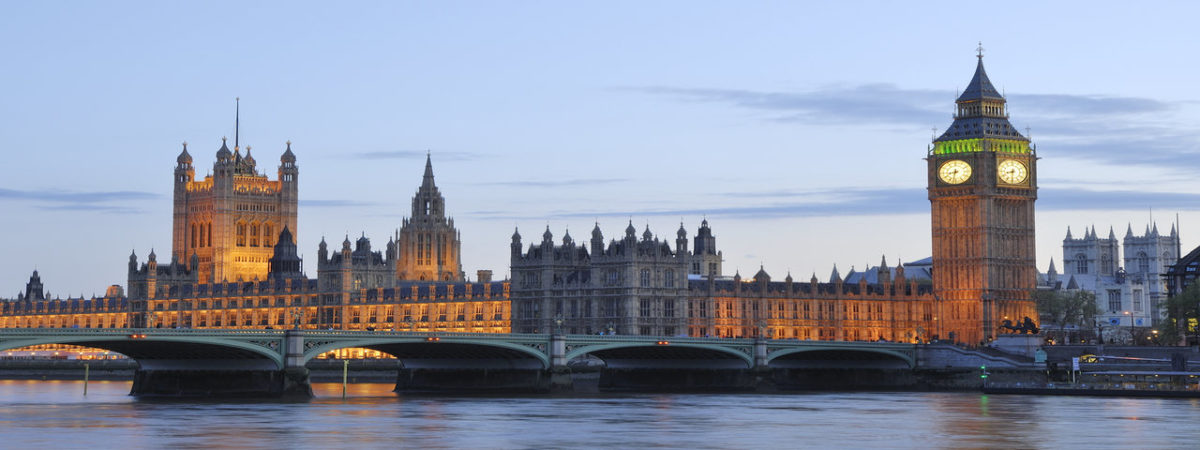Plain packaging of tobacco will simply boost the black market
SUGGESTED



International evidence from Australia – the only country to introduce plain packaging so far – shows that there has been no acceleration in the decline in adult smoking, while youth smoking appears to have risen. Public health campaigners assume that people start smoking as a result of seeing logos and colour schemes. This does not bear up to scrutiny; illegal tobacco now makes up 14.3 per cent of the Australian market and costs the government $1.2 billion. This is a shockingly large black market for an island continent that has no land borders.
Nearer to home, counterfeiting is already a substantial and growing issue, with imitation tobacco accounting for 65 per cent of cigarettes seized within the EU. Bear in mind there are over 200 different brands available – when there is just one standardised format, packets will become much easier to replicate. Counterfeit cigarettes often contain dangerous ingredients and can cause serious health issues, as well as significant losses to the Treasury.
Ultimately it is a product’s price, not colourful images, that its sales. Plain packaging may hit the profitability of premium brands but will do nothing to reduce smoking prevalence. By imposing standardised packaging, premium brands will see a fall in their profit as people shift towards buying cheaper brands, as has been the case in Australia. Although sales of cigarettes have been seen to fall, overall consumption of tobacco has not.
Preventing children from taking up smoking is a noble goal, but if the government is concerned about children smoking then they should focus on education and the enforcement of existing laws. Cracking down on retailers selling to children and a hardening of punishment for proxy buying would be much more effective ways of achieving this, rather than curtailing both the rights of consumers of a legal product and basic free-market principles.
At the very least the government should have seriously evaluated both the effect of plain packaging in Australia over a longer period, as well as the effects of British initiatives such as graphic tobacco health warnings and the display ban. Rushing through plain packaging legislation will mean we will never be able to meaningfully assess the impact of various strategies.
Plain packaging is not a sensible health policy. It will be a huge inconvenience to retailers, it will bolster the black market, and it is quite clearly based on spurious evidence. It is unfortunate that the government is putting politics above good policy.
This article first appeared on Conservative Home.




